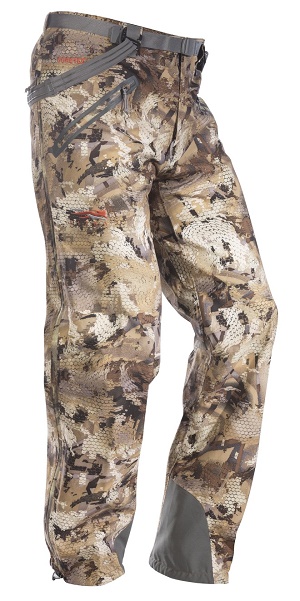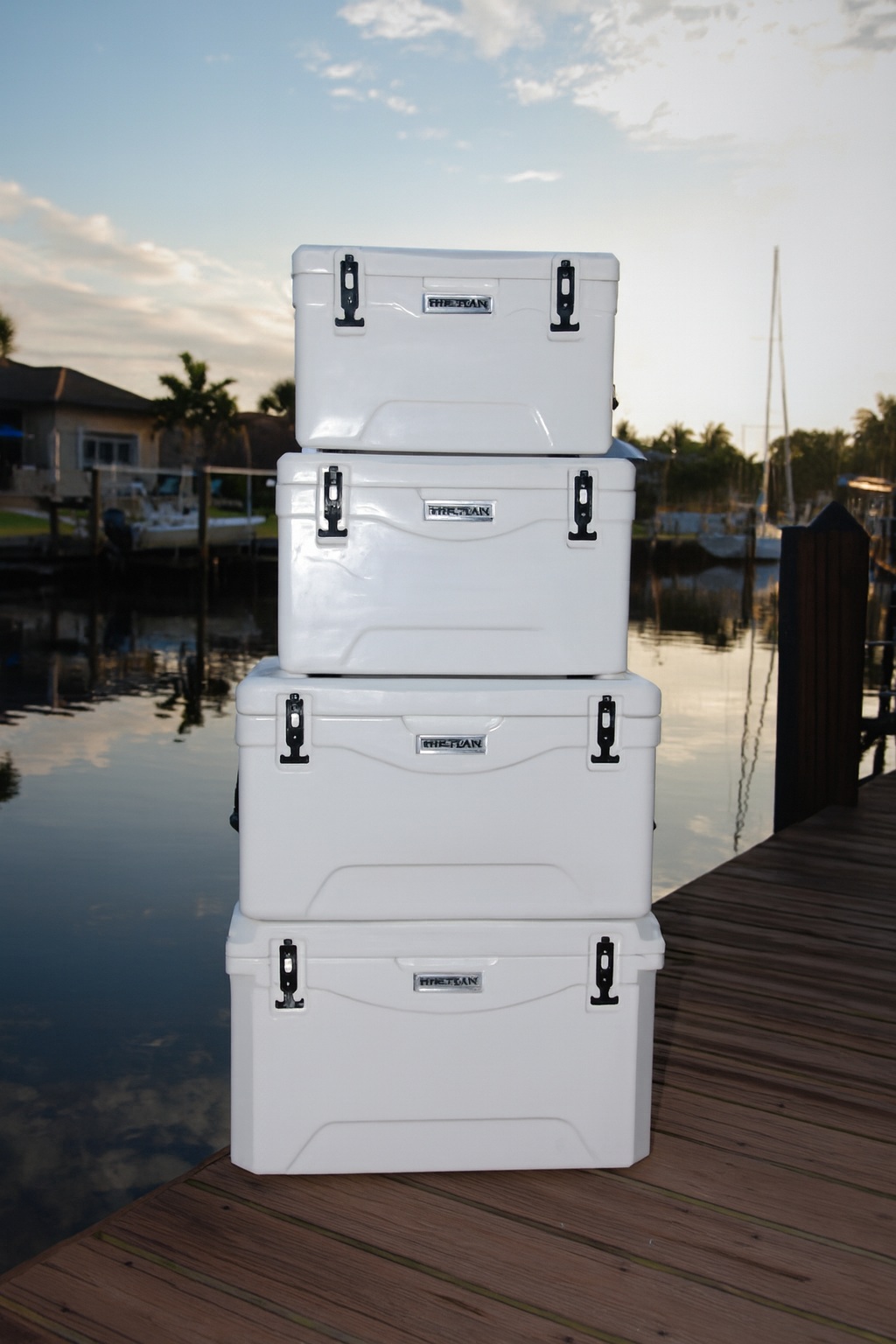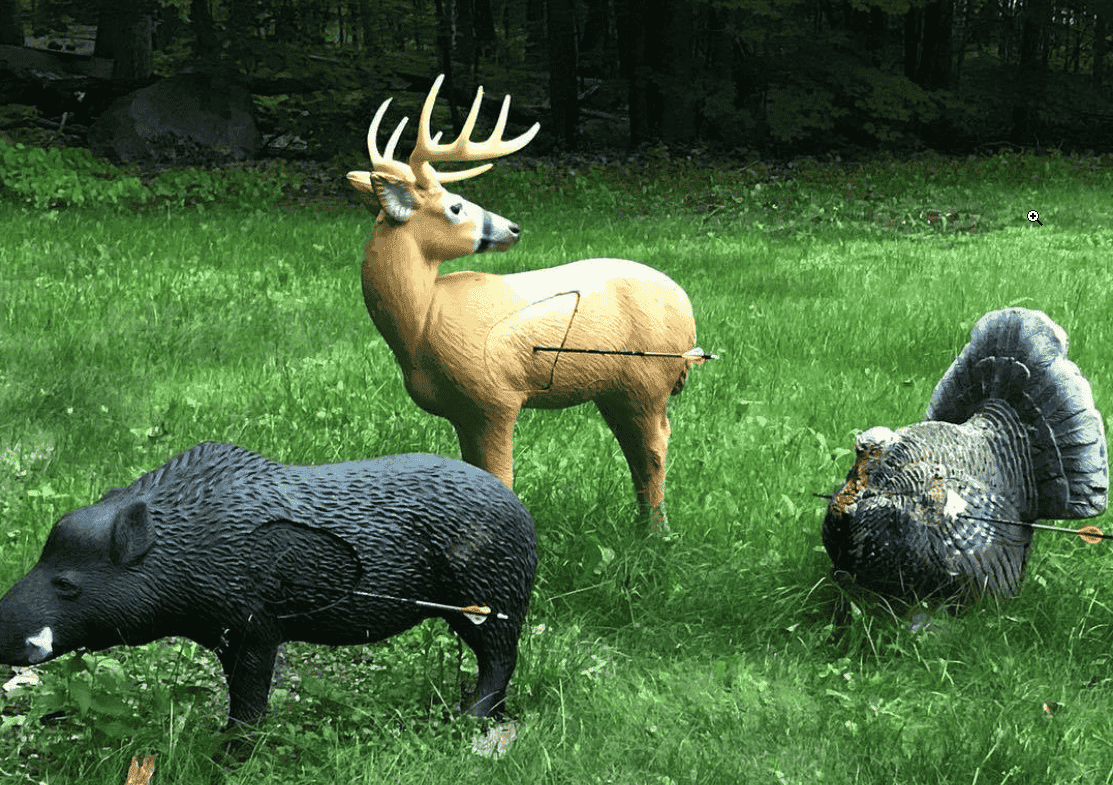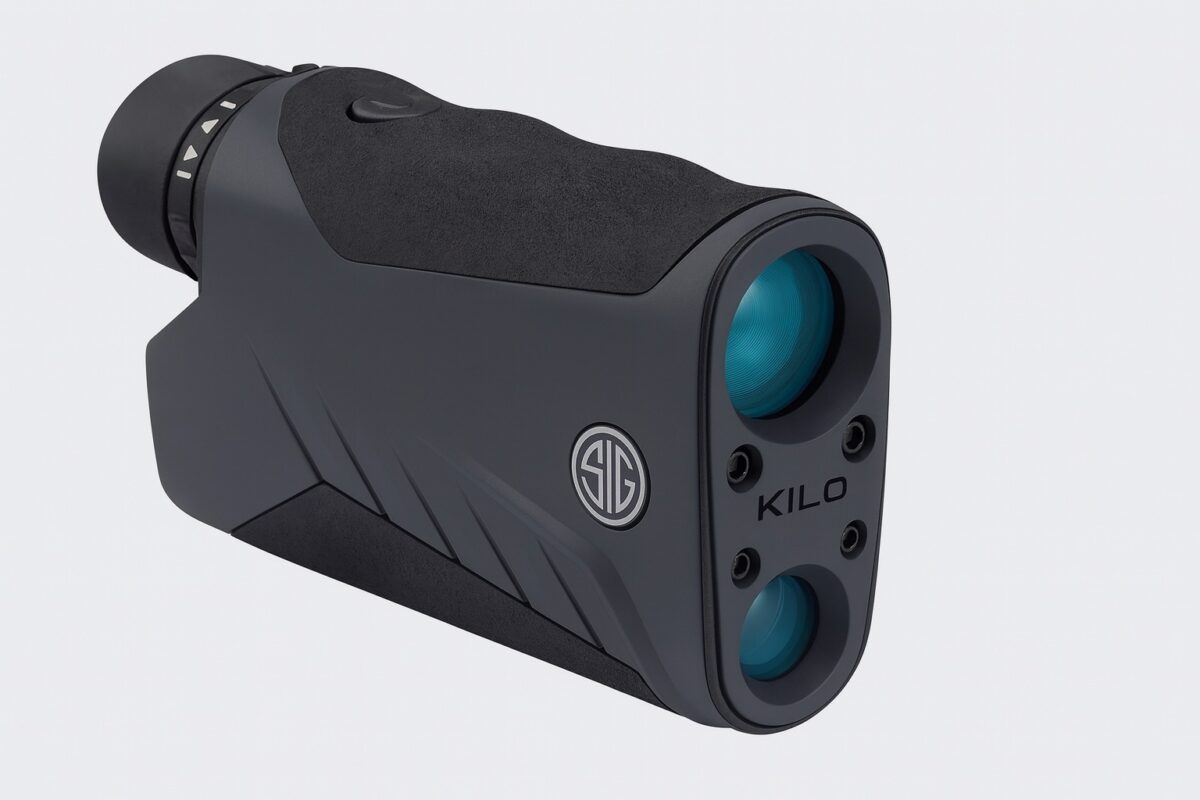Protecting your hunting cabin is essential, but many cabin owners wonder if their regular homeowners’ insurance is enough. Insurance can be confusing, especially when dealing with properties like remote cabins. Understanding your coverage options and knowing the unique risks cabins face will help you make an informed decision.
Understanding Homeowners Insurance Coverage Limits
Homeowners insurance often provides broad coverage for your primary residence and some belongings. However, standard policies have specific limits and exclusions, especially for properties not used as your main home. Many policies only cover secondary structures within a certain distance from the primary insured dwelling. When your cabin is located miles away or in a different state, your primary policy may fall short.
Additionally, insurance companies usually require cabins to meet certain occupancy and maintenance standards. Since most cabins are used seasonally, they may not meet these requirements. As a result, claims could be denied if damage occurs during periods when your cabin is unoccupied. Therefore, you should always review your policy documents thoroughly and speak to your agent about your cabin’s location and use.
In many cases, homeowners’ insurance caps coverage for “other structures” at a small percentage of your primary home’s value. This limit might not reflect your cabin’s actual worth, especially if you have invested in upgrades or keep expensive equipment there. You should check your policy’s fine print to know exactly what is and is omitted. Clarifying these limits early can prevent surprises when you file a claim.
Unique Risks Faced by Remote Hunting Cabins
Hunting cabins often sit in isolated and hard-to-reach areas, which exposes them to risks not typically faced by homes in neighborhoods. For instance, cabins in remote areas are more vulnerable to wildfires, falling trees, and harsh weather. Additionally, wild animals can cause costly damage, chewing through electrical wiring or breaking into cabins searching for food.
Because cabins are often vacant for long stretches, undetected problems such as leaks, mold, or vandalism become more serious and expensive to fix. Insurance companies know that unattended properties have a higher risk of significant damage. As a result, your policy may exclude specific causes of loss or raise your deductible for your cabin.
Besides natural threats, remote locations make emergency response slower. Fire departments or law enforcement may take longer to reach a cabin, which can increase damage from theft or fire. These unique risks mean your cabin likely needs more specialized protection than a standard homeowners policy offers. It pays to honestly evaluate all potential threats your cabin faces and account for them in your coverage.
Differences Between Primary Homes and Cabins
Primary homes are usually occupied year-round, which lowers the risk of unnoticed damage. Cabins, on the other hand, often sit empty for weeks or even months. Insurance companies view this as a higher risk because there is no one available to address urgent issues. For this reason, they may offer different coverage terms for cabins than for regular homes.
Homeowners insurance policies are designed for properties with regular mail delivery, utility service, and routine maintenance. Cabins might lack some of these features, making them harder to insure under standard policies. It is essential to let your insurer know about any unique aspects of your cabin, such as a lack of running water or off-grid power systems. Hiding or failing to disclose these facts could lead to denied claims later.
Another key difference involves the value and types of belongings stored at cabins. Unlike primary homes, cabins may contain specialized equipment like hunting gear, ATVs, or boats. Standard homeowners’ insurance might not cover these items fully, especially if you store them at your cabin seasonally. Carefully checking which items are protected will help you avoid gaps in coverage.
Specialized Insurance Options for Cabins
Because standard homeowners insurance usually falls short, many insurance companies now offer specialized cabin or seasonal home policies. These products are designed for properties that are occupied only part-time or are in remote locations. Policies for cabins usually include coverage for fire, theft, vandalism, and weather-related damage, even when you are not there.
Some insurers offer “vacant property” insurance, which provides protection designed explicitly for unoccupied buildings most of the year. These policies often come with flexible terms and can be customized for hunting cabins. Speaking directly with insurance agents about the intended use and location of your cabin will help you find the right policy.
Additionally, you can often add extra coverage for outbuildings, equipment, and other assets specific to cabin life. Riders or endorsements are available for various items, including boats, ATVs, and damage caused by wild animals. Regularly reviewing and updating your policy ensures that your coverage keeps pace with changes in how you use your cabin.
Key Steps to Improve Your Cabin’s Protection
The first step to improving your cabin’s protection is to make a detailed inventory of everything stored there. By documenting your belongings, you will make the claims process much easier if damage or theft happens. Regularly updating photos and lists can help you keep your records accurate.
Next, installing security measures can reduce risks and may also lower your insurance premiums. Motion-activated lights, cameras, and reinforced doors can make your cabin less appealing to vandals and thieves. You should also consider smoke detectors and fire extinguishers, since remote locations delay emergency response times.
Finally, regular maintenance and inspections are critical for seasonal cabins. Regularly checking for leaks, cleaning gutters, and trimming trees can help prevent major issues. You should also ensure your insurance company is aware of any upgrades or safety improvements. Communicating these changes might qualify you for better rates or more comprehensive coverage.
Making an Informed Insurance Decision for Cabins
Choosing the right coverage for your hunting cabin takes research and honest assessment. Start by comparing your homeowners’ insurance with specialized cabin policies. Ask insurance agents specific questions about what is covered, especially regarding seasonal use and remote locations. Consider whether your current policy fully addresses your cabin’s unique risks.
Review your cabin’s value and the worth of any equipment or belongings stored there. Make sure your policy limits match the real financial risk you face. If your insurer cannot provide enough coverage, consider companies that offer policies specifically designed for seasonal or remote homes. Sometimes, combining insurance products can provide better protection than relying on just one policy.
Keep in mind that insurance is only part of protecting your investment. Taking extra steps to secure your cabin and maintain the property can lower both your risk and your insurance costs. Always read policy documents carefully, looking for exclusions and special terms. If you are unsure, get a second opinion from a different insurance provider. In the end, your goal is to have peace of mind knowing your cabin is protected, both when you are there and when you are away. Staying proactive and informed will help you avoid surprises and financial headaches if disaster strikes.
Conclusion
Insuring your hunting cabin is not as simple as adding it to your homeowners’ insurance. Cabins face unique risks, and standard policies often leave dangerous gaps in coverage. Specialized cabin insurance is usually required to protect your property thoroughly, especially if your cabin is remote or used on a seasonal basis. Taking the time to research your options and understand your policy’s limits helps you make the best decision for your needs. Simple steps like documenting belongings, improving security, and maintaining the property go a long way toward reducing risk. Working closely with an experienced insurance agent ensures your coverage matches the way you use your cabin. Regular reviews of your policy allow you to adjust as your situation changes. Ultimately, when you invest in the right insurance and take practical precautions, you can enjoy your hunting cabin with confidence. Do not leave your investment unprotected. Make an informed choice and give your cabin the protection it deserves.





